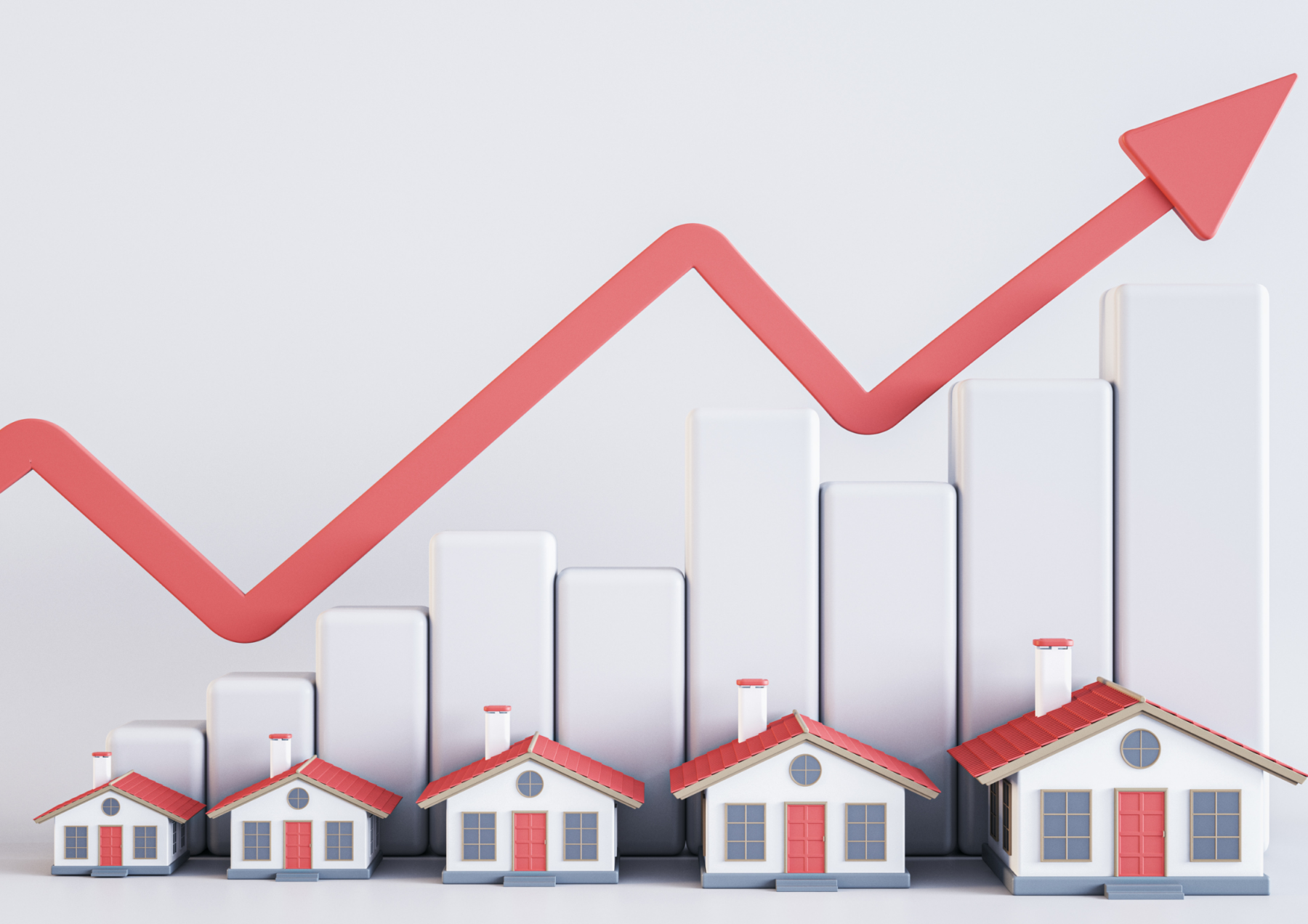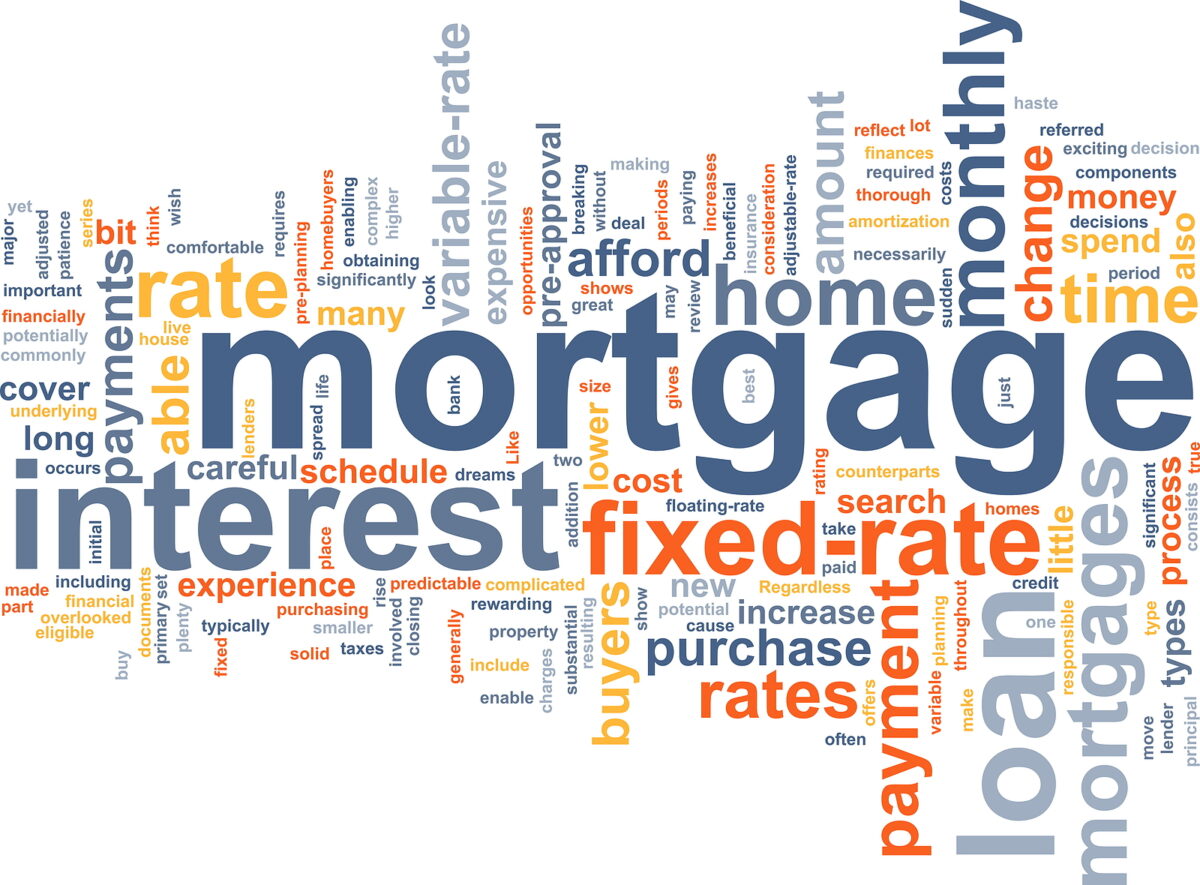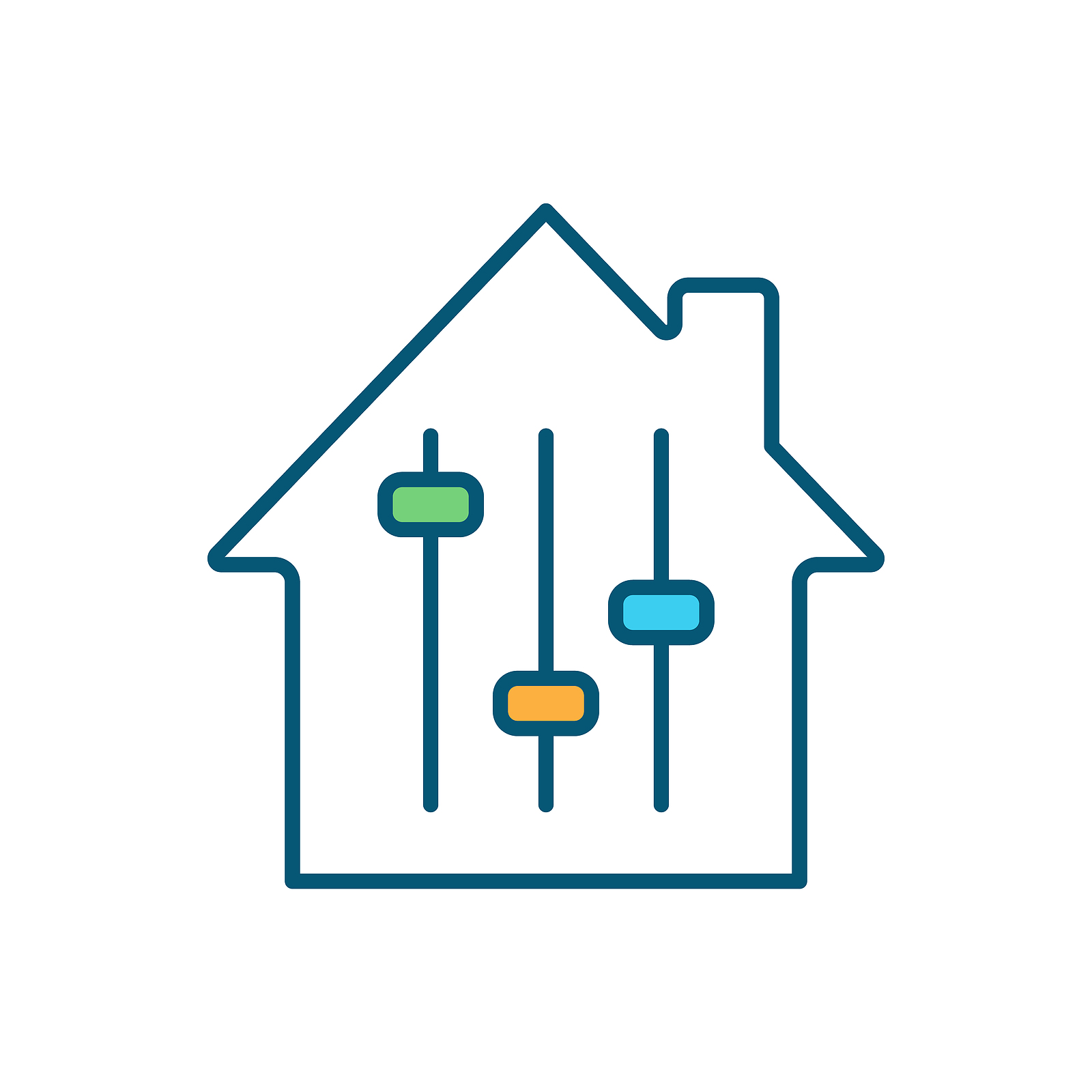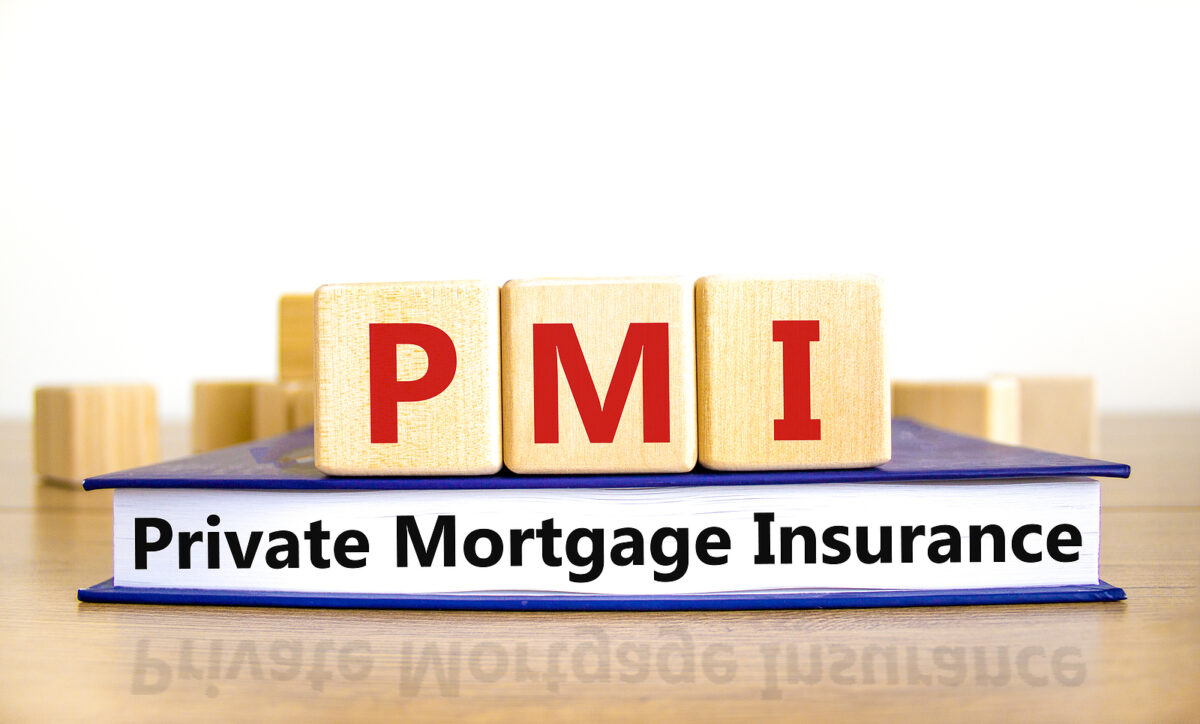Focus on Properties with Strong Cash Flow Potential
 In a high cost environment, cash flow becomes more important than ever. Investors should prioritize properties where rent covers not only principal and interest, but also taxes, insurance, maintenance, and a vacancy buffer. Look for markets with stable or growing rental demand, often in suburban or secondary cities, where rents have not been pushed down by high mortgage costs.
In a high cost environment, cash flow becomes more important than ever. Investors should prioritize properties where rent covers not only principal and interest, but also taxes, insurance, maintenance, and a vacancy buffer. Look for markets with stable or growing rental demand, often in suburban or secondary cities, where rents have not been pushed down by high mortgage costs.
Properties that were strong flips or quick rentals in low cost times may no longer perform. Long term rentals with conservative underwriting and realistic expense estimates will fare better.
Consider Low Leverage or Cash Deals When Possible
Because higher mortgage and insurance costs compress margins, deals with little or no debt or with high down payments may offer safer returns. If you have the liquidity, buying with cash or minimal financing reduces your exposure to interest rate risk and rising insurance burdens. Cash deals also simplify underwriting and make stress testing cash flow easier.
Factor Insurance Costs Early
When evaluating a potential investment, include updated insurance costs based on 2025 premium levels, not outdated averages. Given the 11.3 percent annual increase and long term 70 percent climb, using old estimates can seriously overstate profitability. Always budget with conservative insurance forecasts.
Consider Geographic Risk and Resilience Costs
Insurance premium increases have been especially steep in certain high risk areas. Markets with climate exposure such as wildfires, storms, and floods or states regularly facing disaster losses are seeing higher premiums or tougher underwriting.
Investors should weigh those risks carefully. Lower risk regions or properties with resilient construction may command higher prices but offer more predictable carrying costs and lower vacancy risk.
Aim for Long Term Value Instead of Short Term Gains
Given the cost pressures, short term flips or high leverage turnarounds are riskier today. Long term rentals or hold strategies that rely on steady rent rather than rapid appreciation may yield better results. Over time, rents tend to rise with inflation and continued housing shortages, which can offset higher insurance and rate costs.
What This Means for Real Estate Agents and Their Clients
For agents working with investor clients, this environment highlights the need for accurate, data driven financial projections. You can add value by helping investors run realistic models that include current insurance and mortgage expense data, suggesting low leverage or cash purchase options for investors seeking stability, and advising on markets likely to maintain strong rental demand, especially in areas with lower insurance risk.
If you are marketing properties on your agent website, consider adding a section with updated data on insurance trends and mortgage rates. This type of transparency builds trust with serious investors and helps you stand out.
Final Thoughts
Real estate investing remains viable in 2025, but success requires recalibrating for a high rate, high insurance environment. By focusing on cash flow, minimizing leverage, budgeting accurately for insurance, and favoring long term rental holds over speculative flips, investors can still find solid returns. Agents who understand these pressures and guide clients effectively will build stronger relationships and credibility in a shifting market.
























